You might not think much about the product packages that arrive on your doorstep.
But did you know that product packaging has different levels?
Known as primary, secondary and tertiary packaging, each package has its place and its purpose.
In this article, we’re going to reveal the differences between each type of packaging, when each one is used, why they matter and how to find a professional packaging company to help ensure your product packaging is designed right every step of the way. Let’s take a closer look.
Primary Packaging
Primary packaging is the packaging that comes in direct contact with the product itself.
A cereal box wouldn’t be considered primary packaging, but the bag inside the box would, since it’s the part that actually holds the contents of the box. If all cereals were contained in the box alone (without the bag), they’d be much more susceptible to going stale or being affected by moisture or light, which could degrade their taste, texture and consistency.
The main job of primary packaging is to protect and preserve the product inside. In this example, bags are rather clunky and liable to slip out of your hands. Plus, they don’t exactly fit neatly in a cupboard. It’s harder to print information about the product on them, and thus we have the bag inside the box — to keep the product fresh and outside of light, moisture and other elements that could affect it.
Primary packaging is often referred to as retail packaging, although this term is sometimes used to describe secondary packaging as well. Using our cereal example above, primary packaging doesn’t just reference the bag that the cereal comes in, but the box that the bag is stored in, as well. As you’ll know if you’ve ever been down the cereal aisle in the grocery store, the brightly-colored boxes with deeply-textured images of cereal are designed to attract your eye and your attention.
In terms of what’s considered primary packaging, you can think of it as the answer to a simple question — is this the packaging that the product is normally bought in? If so, then that would be considered its primary packaging. As another example, carbonated drinks are kept in a can — the can would be considered the primary packaging because it’s how the product is delivered to the consumer.
Secondary Packaging
Secondary packaging is generally used to group a certain amount of products together into a cohesive unit that’s easy to identify. The SKU, or Stock Keeping Unit, makes it easy for vendors to identify the movement of stock as well as inventory. Secondary packaging makes it possible to group products so that they can be more easily tracked. Smaller shipments of products are often shipped using secondary packaging.
The packaging itself can be made up of several individual pieces including:
- The box itself
- Interior padding
- Product separators
- Reinforcement to prevent crushing or denting the box
- And so on
For most people, secondary packaging is what comes to mind when they think about packaging. Everything from the branded ecommerce packaging that you receive in the mail to the customized boxes that line the shelves at your local retail store are part of the secondary packaging level.
The individual pieces of secondary packaging can be further customized, in order to make the product more visible and easily found in a warehouse or retail store. Referring back to our cereal example, the secondary packaging would be the box that contains multiple custom boxes of cereal for storage in a warehouse before it goes onto retail shelves. Another example would be a “fridge pack” for the carbonated drinks, which is what is used to store several of the cans together and offer another layer of protection.
Sometimes, primary and secondary packaging can overlap. For example, retail stores often receive shipments of a newly-released movie in a box that doubles as a display stand. The box serves as secondary packaging to protect the item, but it also serves as retail packaging to catch the consumer’s eye, even though the DVD case itself is how the movie is delivered to the consumer.
Consumers will often see and interact with secondary packaging, particularly if it follows the two-in-one shipping and marketing option like the aforementioned DVDs or carbonated drinks. If you plan on using your product packaging similarly, it makes sense to consider how your product packaging design can leave a memorable impression on your customers.
Tertiary Packaging
Tertiary packaging is often known as bulk packaging or transit packaging. It’s used to transport larger numbers of goods safely and securely to their destination. Imagine several boxes full of cereal boxes arriving on pallets to distribution centers.
This kind of packaging makes it easy to handle, store and ship goods as single, self-contained units. Oftentimes, tertiary packaging consists of several cardboard boxes huddled together with stretch-wrap to prevent the packaging from being jostled and bumped around in transit.
Consumers generally don’t see tertiary packaging, since it’s often used just to add another layer of protection to the secondary packaging and also to group larger shipments together for storage and easy retrieval of SKUs.
Why Do Packaging Levels Matter?
Whether items are being shipped in a large group or you’re grouping together similar products for retail display, or individual items for customer consumption or use — custom packaging at every stage is important.
On the tertiary packaging level, consumers may not see it, but that doesn’t mean you should pay any less attention to it. At every level of your packaging, whether consumer-facing or not, there’s strategy involved. Keeping your product (especially if there’s a large number of them) safe during shipping and fulfillment is just as important as catching the consumer’s eye on a retail shelf.
Of course, it’s also understandable that you want to save money while protecting your product. The good news is that working with a knowledgeable, experienced packaging company is what often makes the difference between your goods arriving safe and sound and presenting itself as the customer’s best option, versus arriving broken, dented, crushed, torn or worse.
Help is Here for Every Level of Your Custom Packaging Journey
Fortunately, Refine Packaging is here to help. With our extensive knowledge and expertise in all things product packaging and printing, we’re able to help you stay on budget while exploring amazing options that will highlight and position your product as the consumer’s very best option from among all of your competitors.
From secure tertiary packaging that keeps your items secure from the warehouse or distribution center to store shelves, to secondary packaging that highlights your brand while making it easy for consumers to access the product itself, to primary packaging that puts the spotlight squarely on your product, putting it head and shoulders above the rest — you can count on Refine Packaging to provide you with consulting and fulfillment services at every step of the process.
Even if you don’t yet have a vision for your brand and you need input on how to properly communicate it to consumers, our staff of talented graphic artists can help guide you every step of the way. Spanning many different disciplines and backgrounds, we have the skills to take your vision and transform it into a beautiful product design.
Effortlessly communicate your brand and promote your product’s unique style. It’s possible not only with the graphics and packaging design themselves, but also with the materials used in your packaging.
Eco-friendly and environmentally-conscious, rustic and primitive, elegant and modern, sophisticated and luxurious. No matter what type of impression you want to convey, Refine Packaging is able to bring it to life.
You’ve worked hard to create an incredible product. Contact us today for a free, no obligation quote on your product packaging and let our exceptional team of packaging and printing professionals help design packaging that reinforces everything you want users to know about your product and its superb performance and style.
Ready to think outside the box? Let's get started!
Get in touch with a custom packaging specialist now for a free consultation and instant price quote.


.svg)
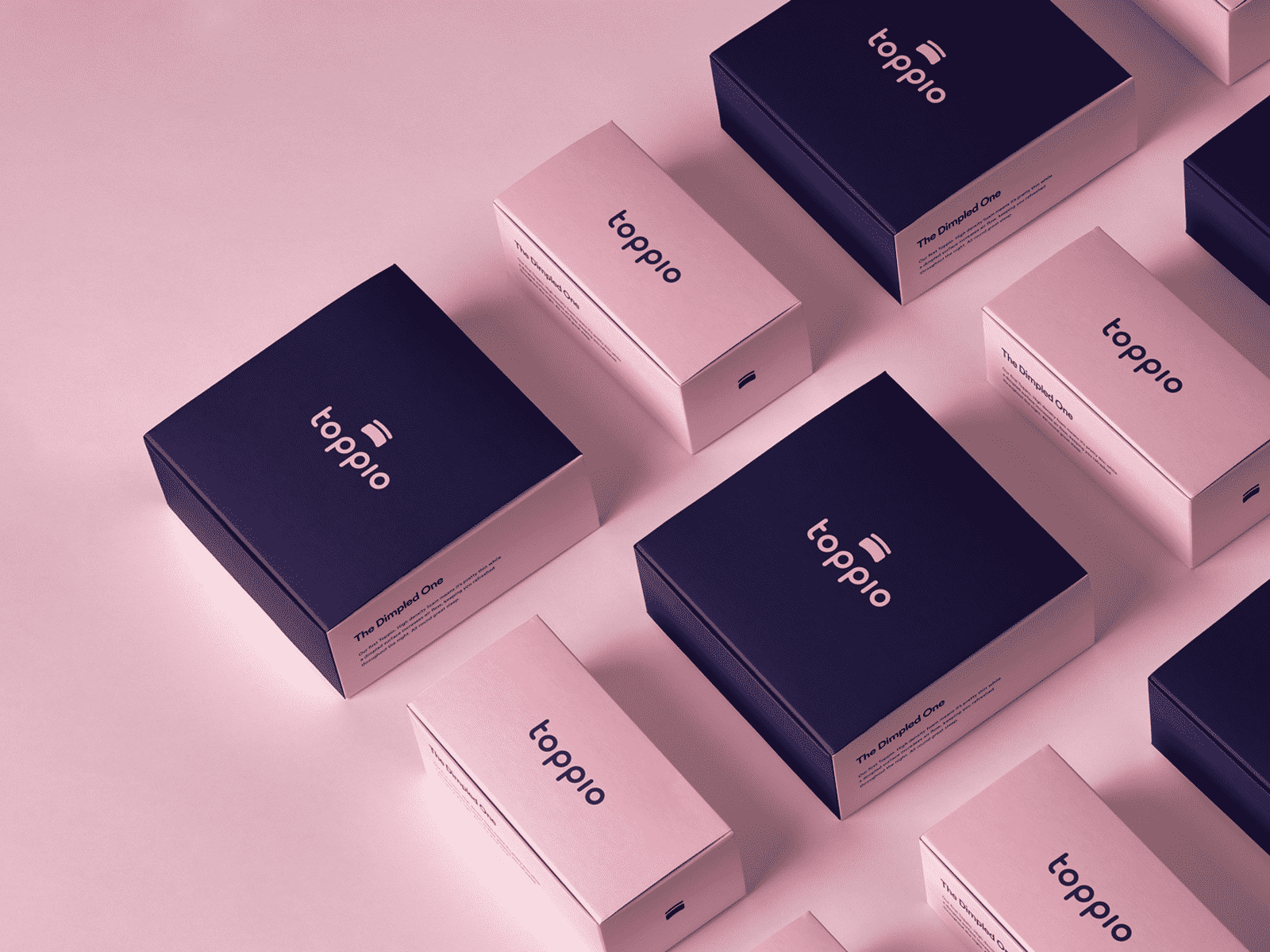


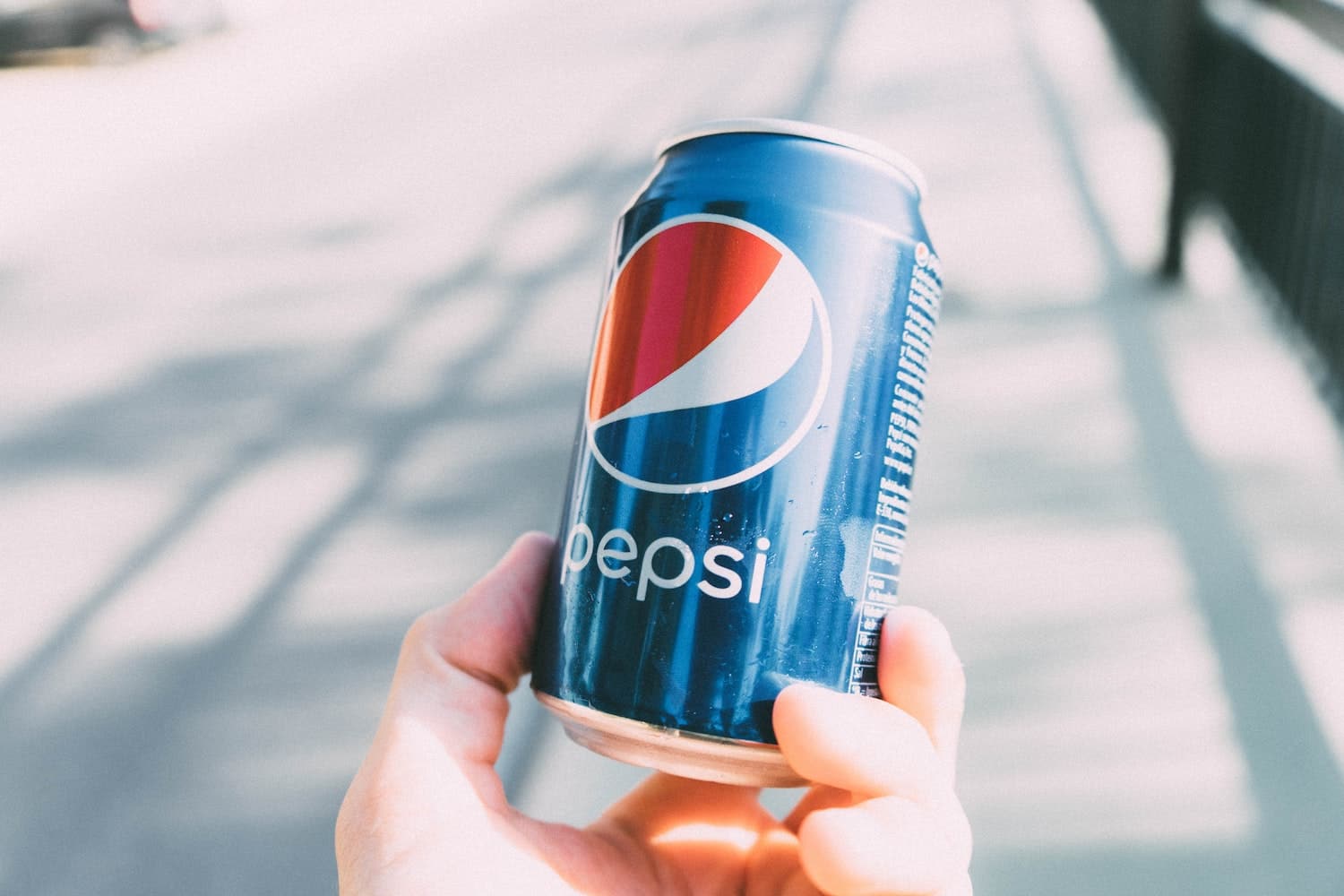
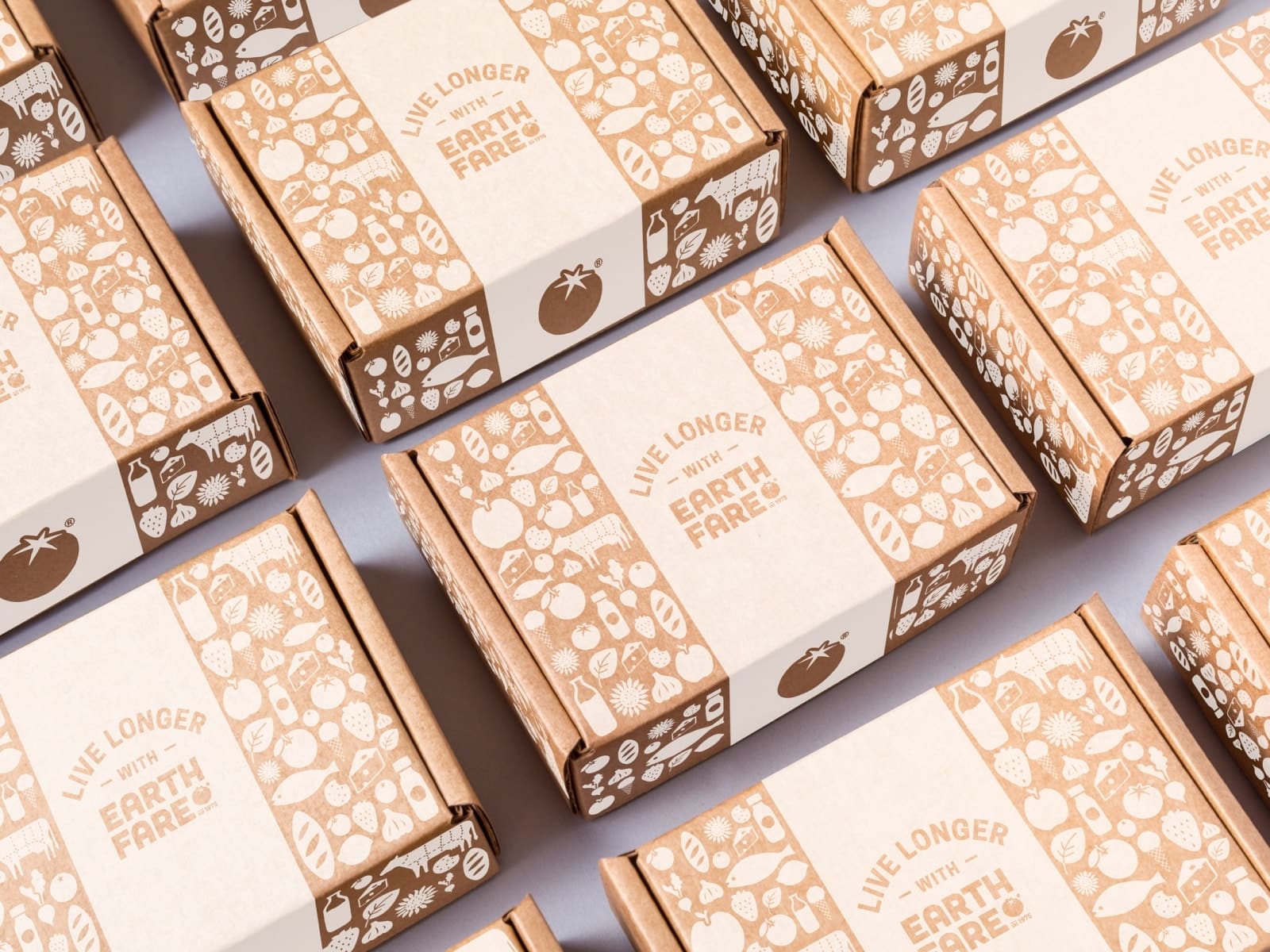
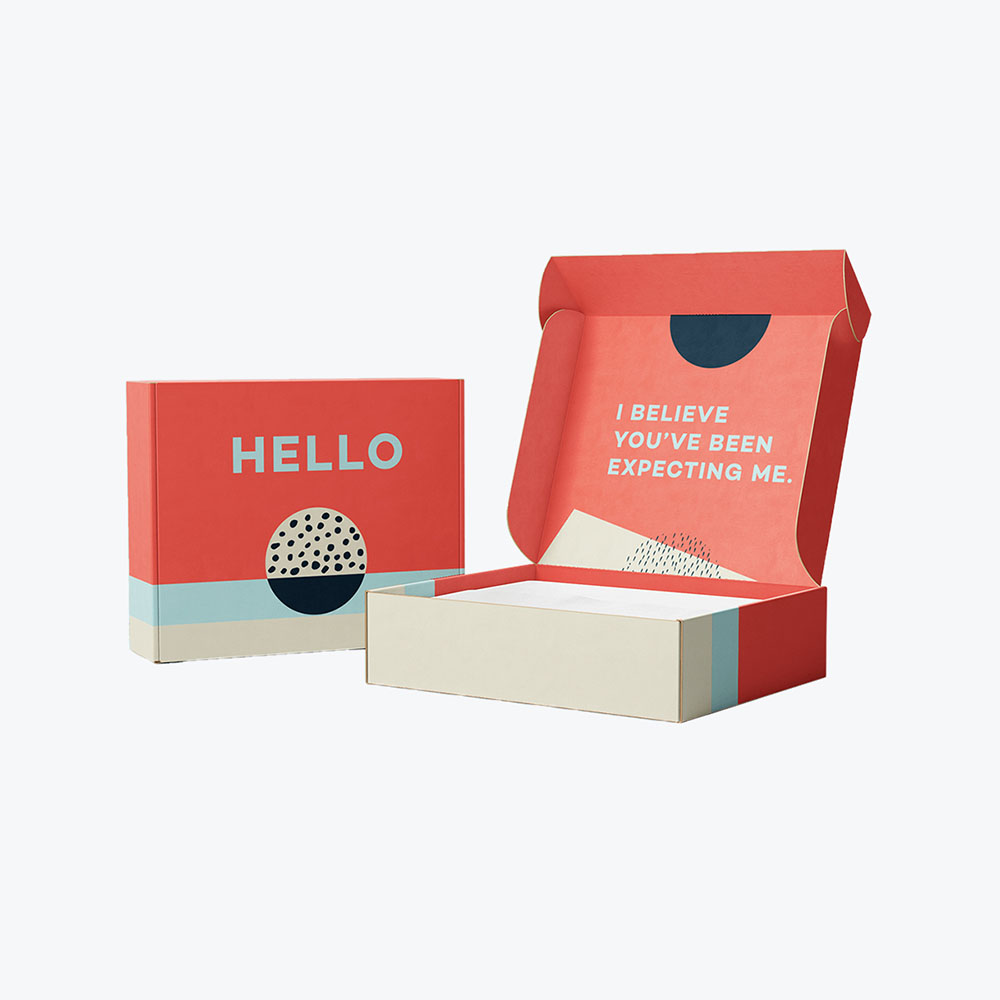
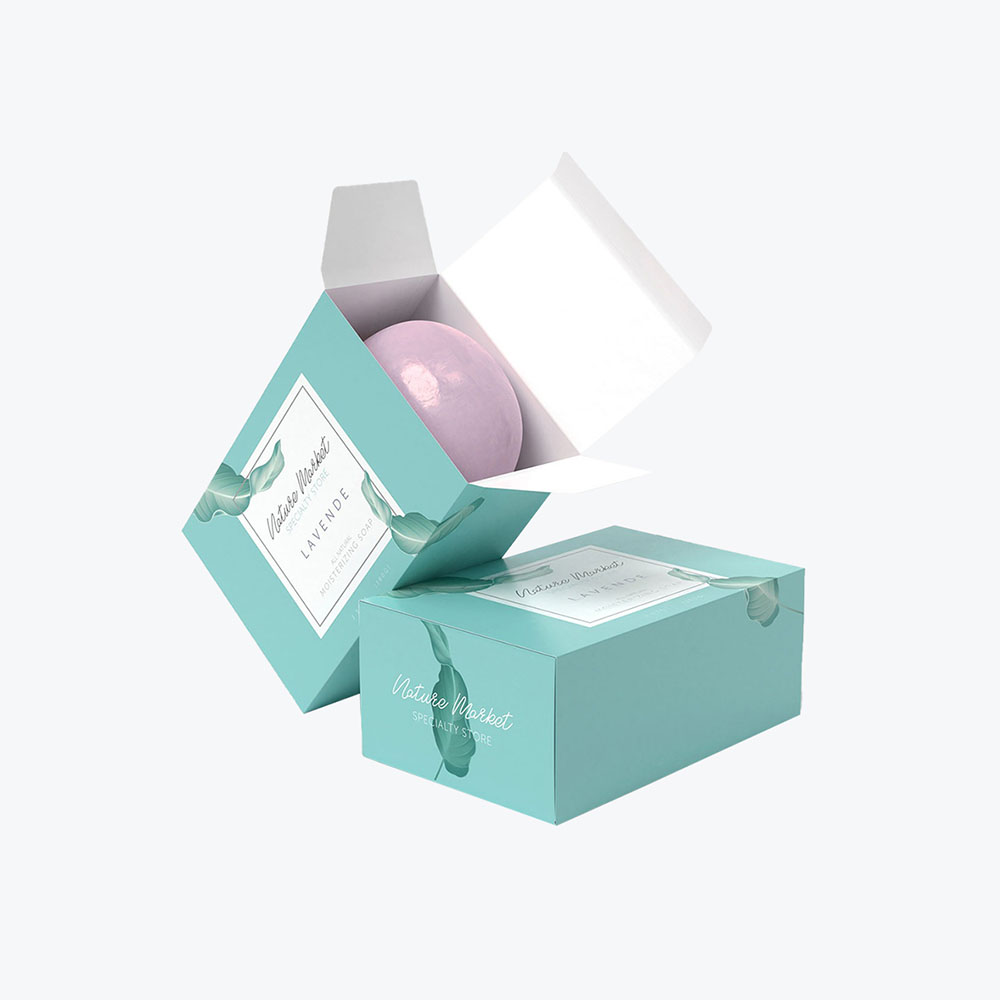
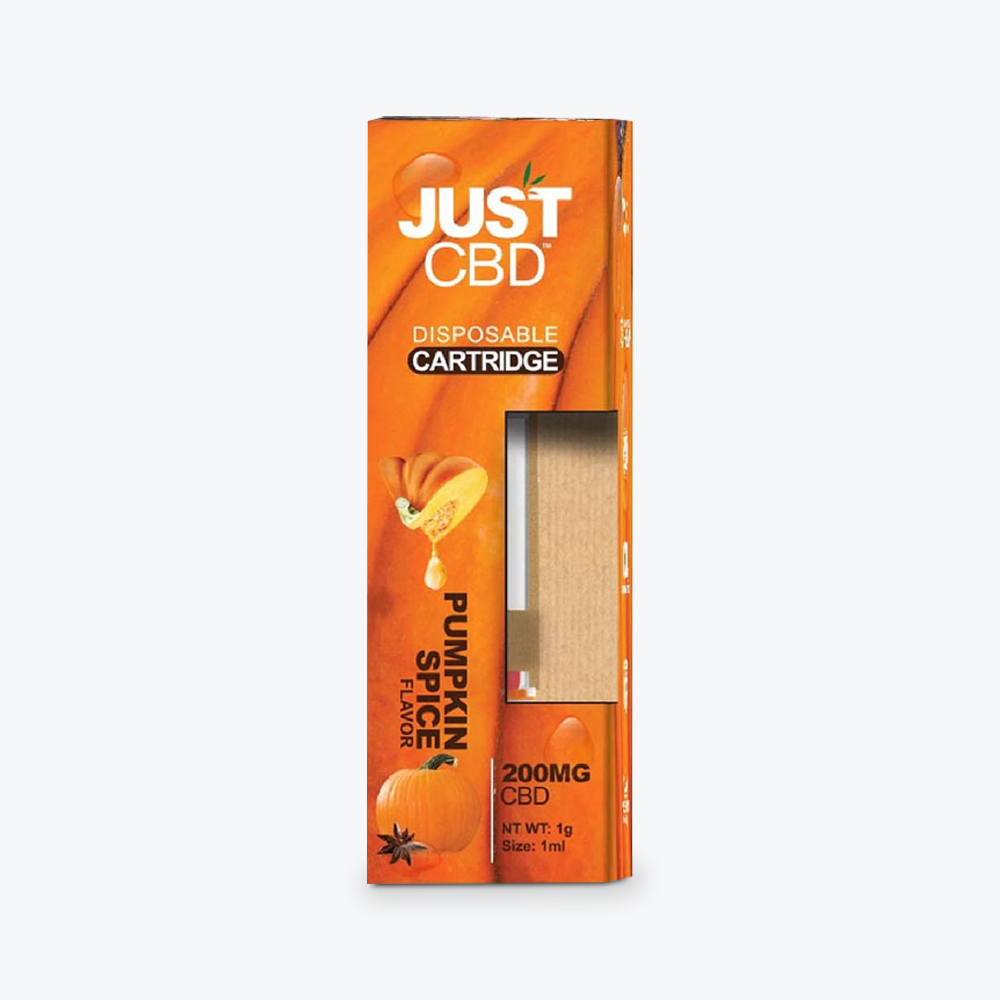
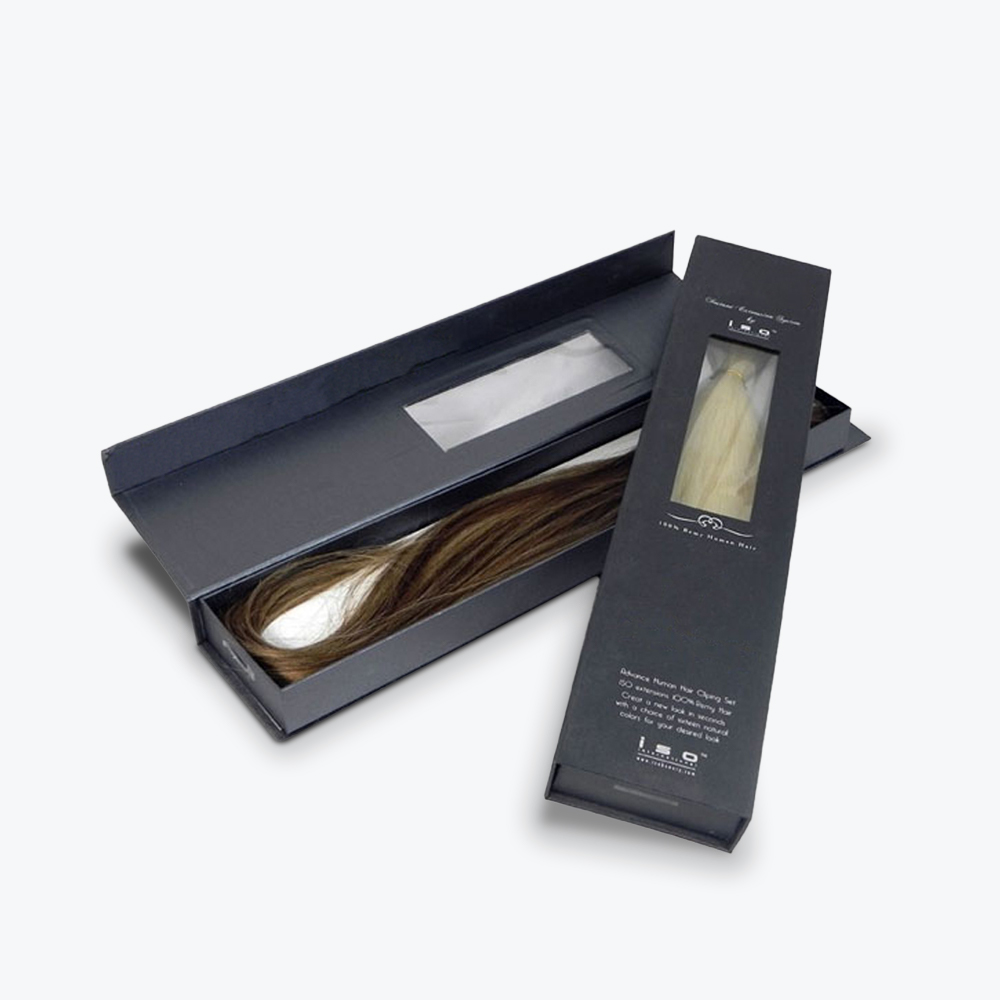
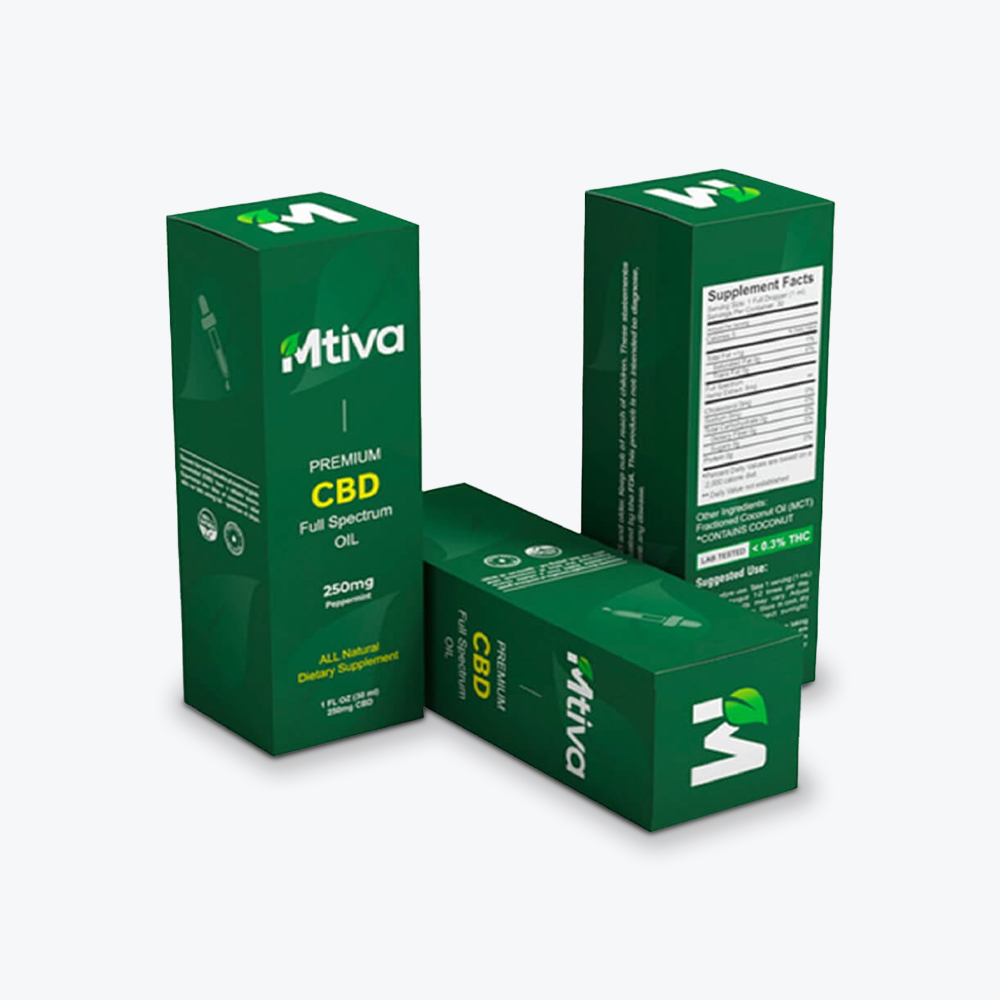
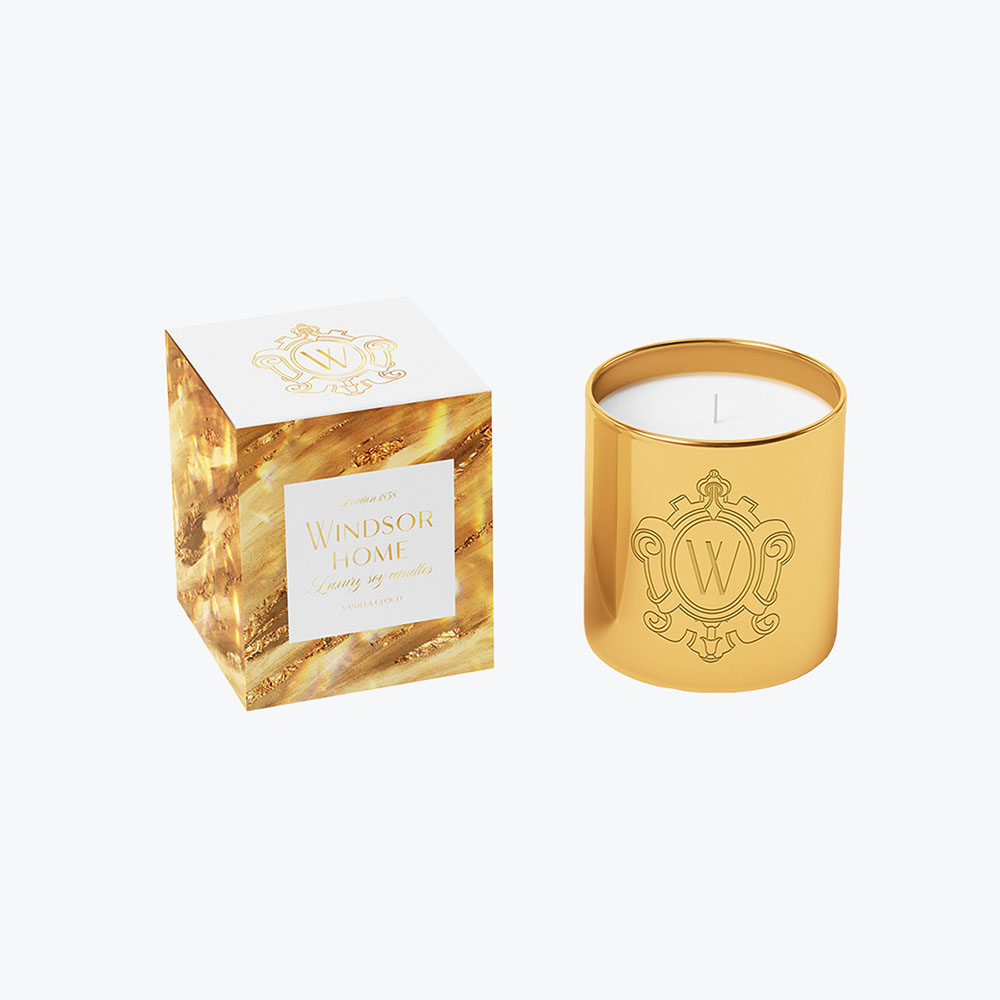
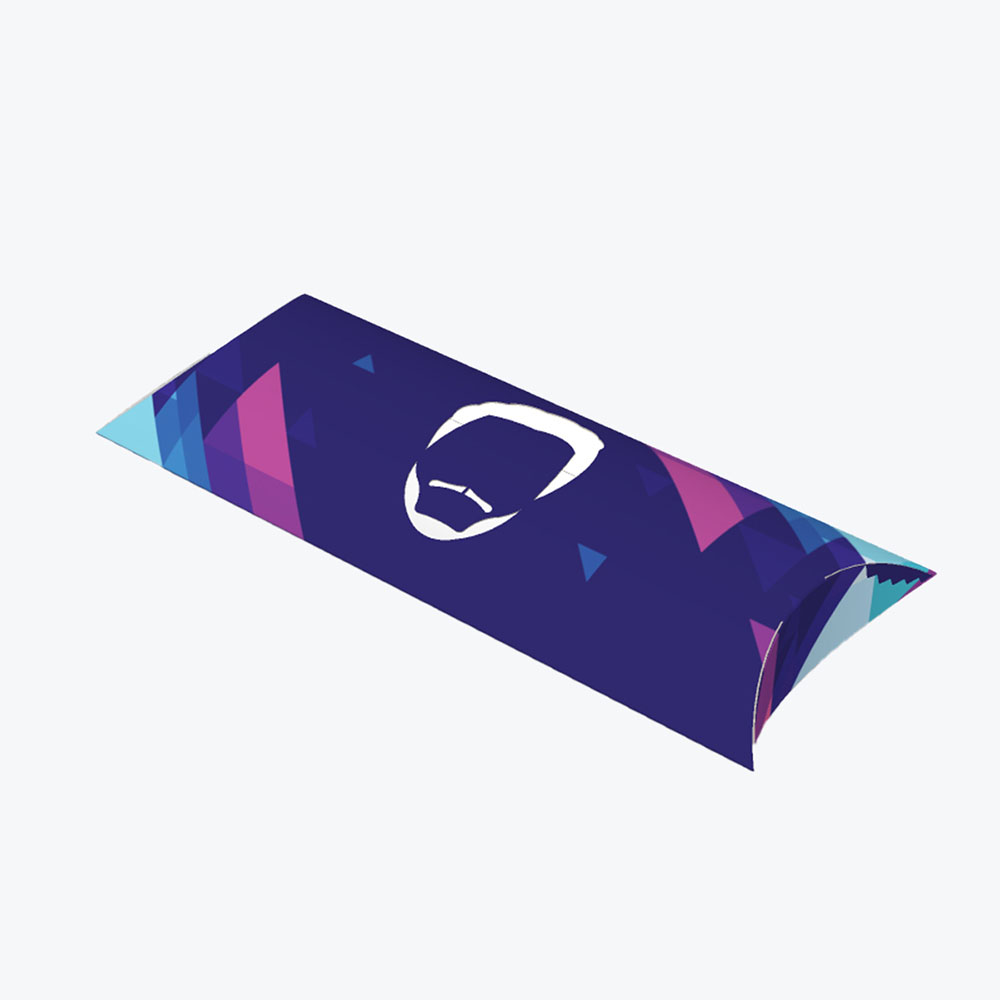
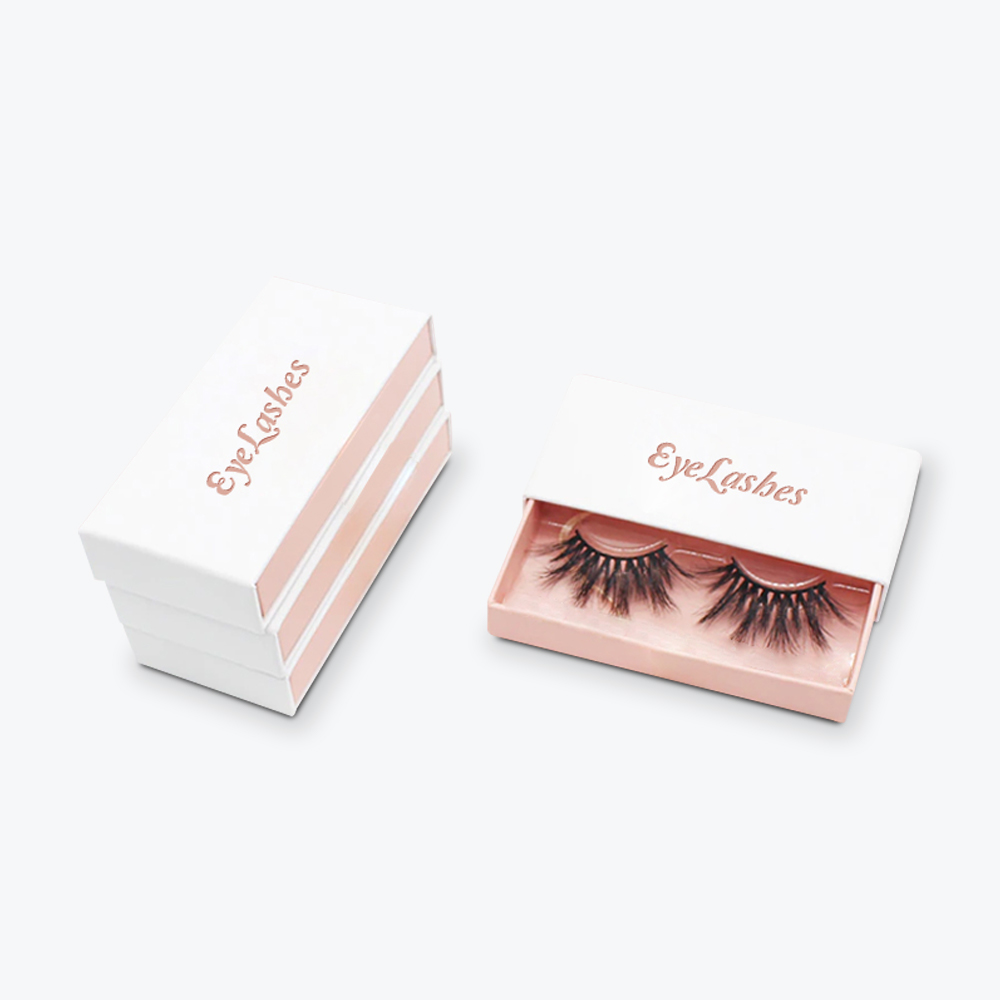

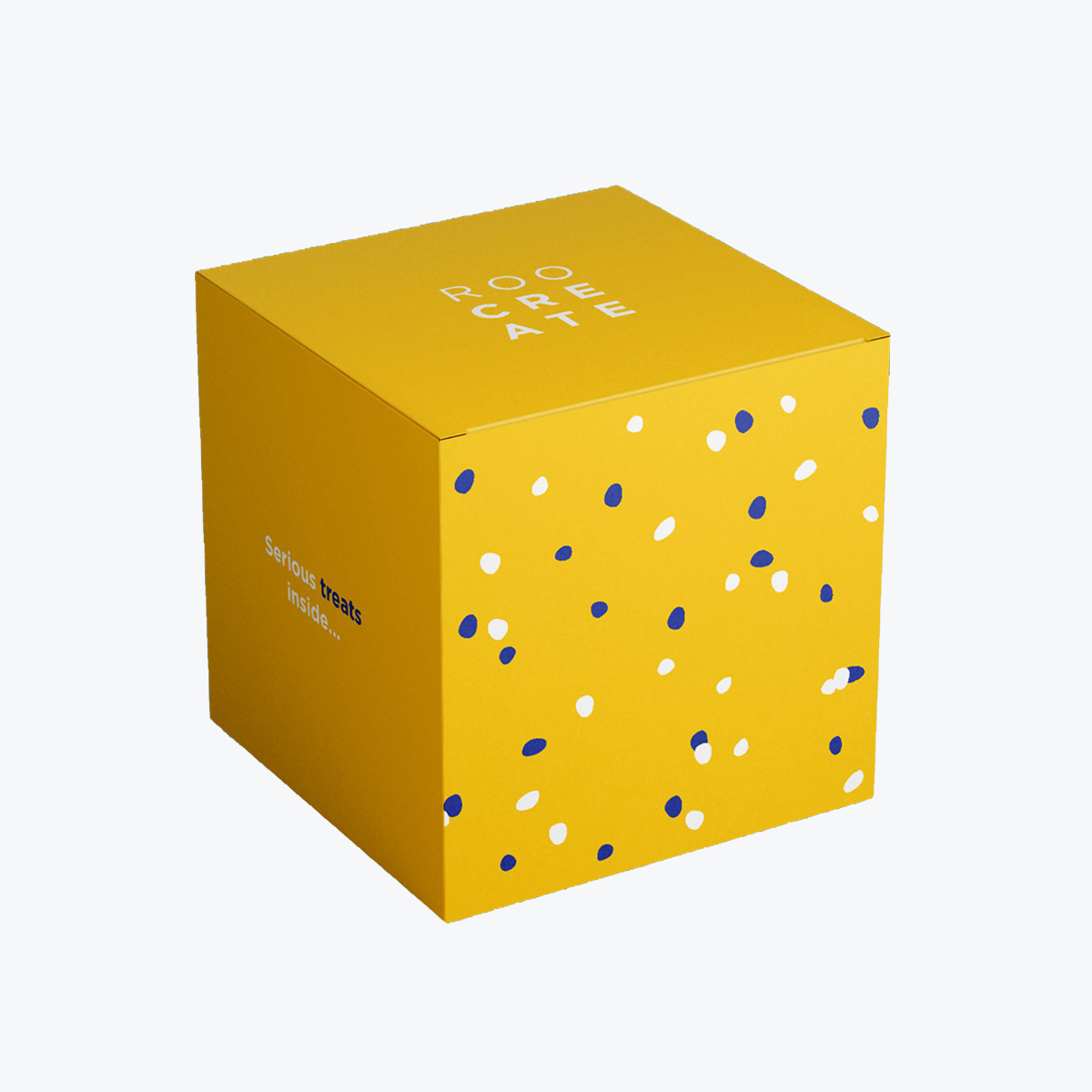
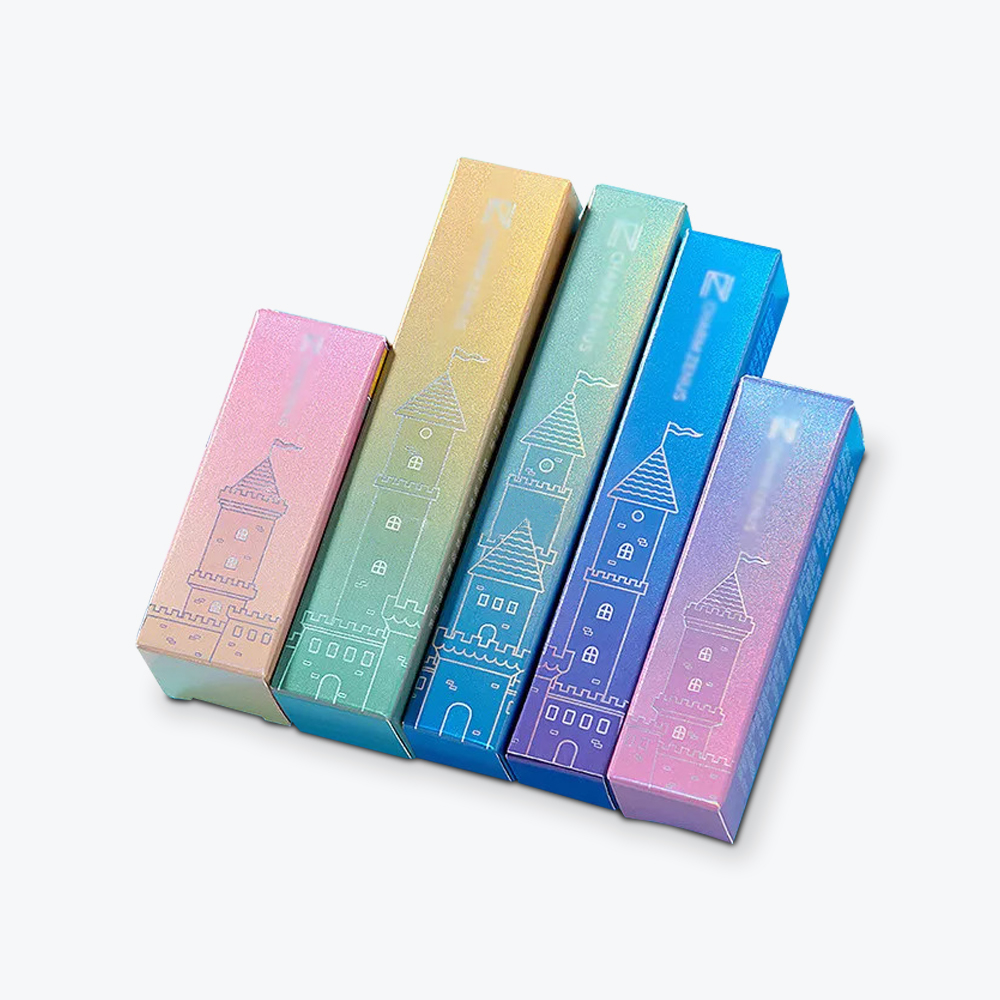
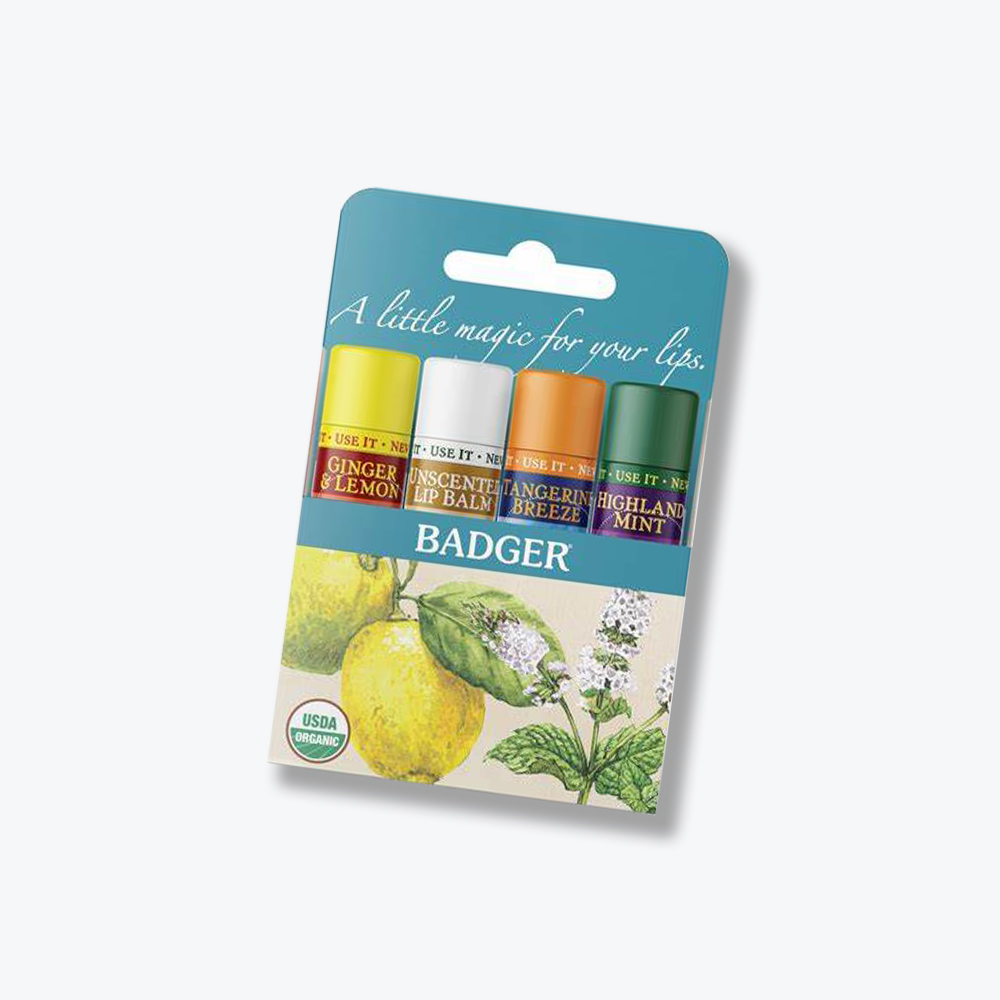
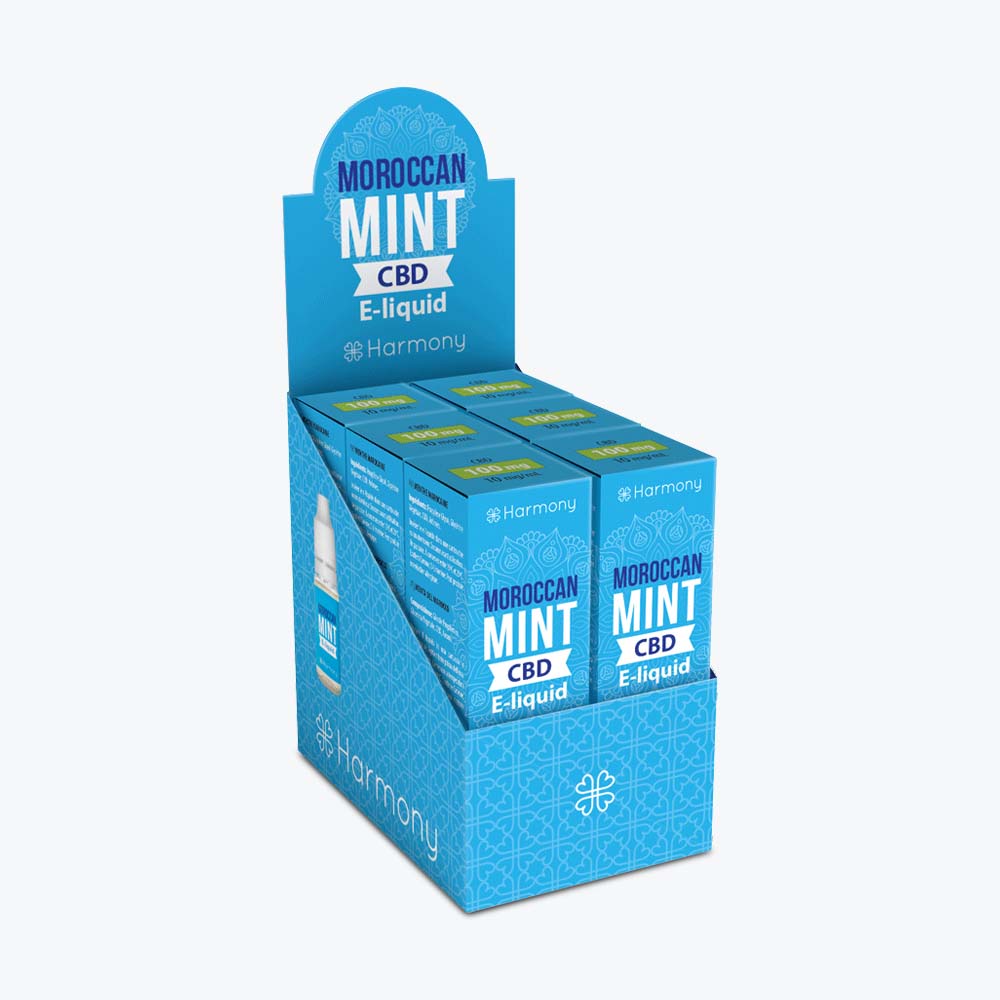
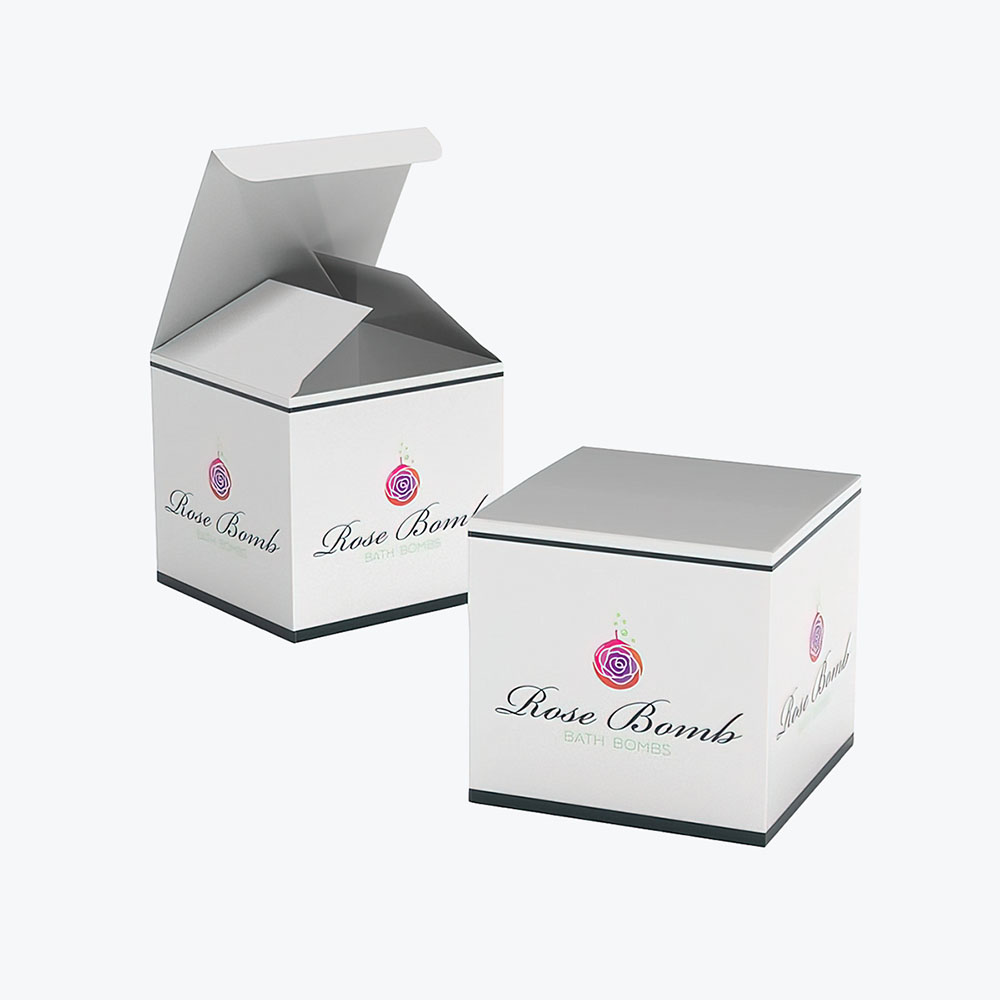
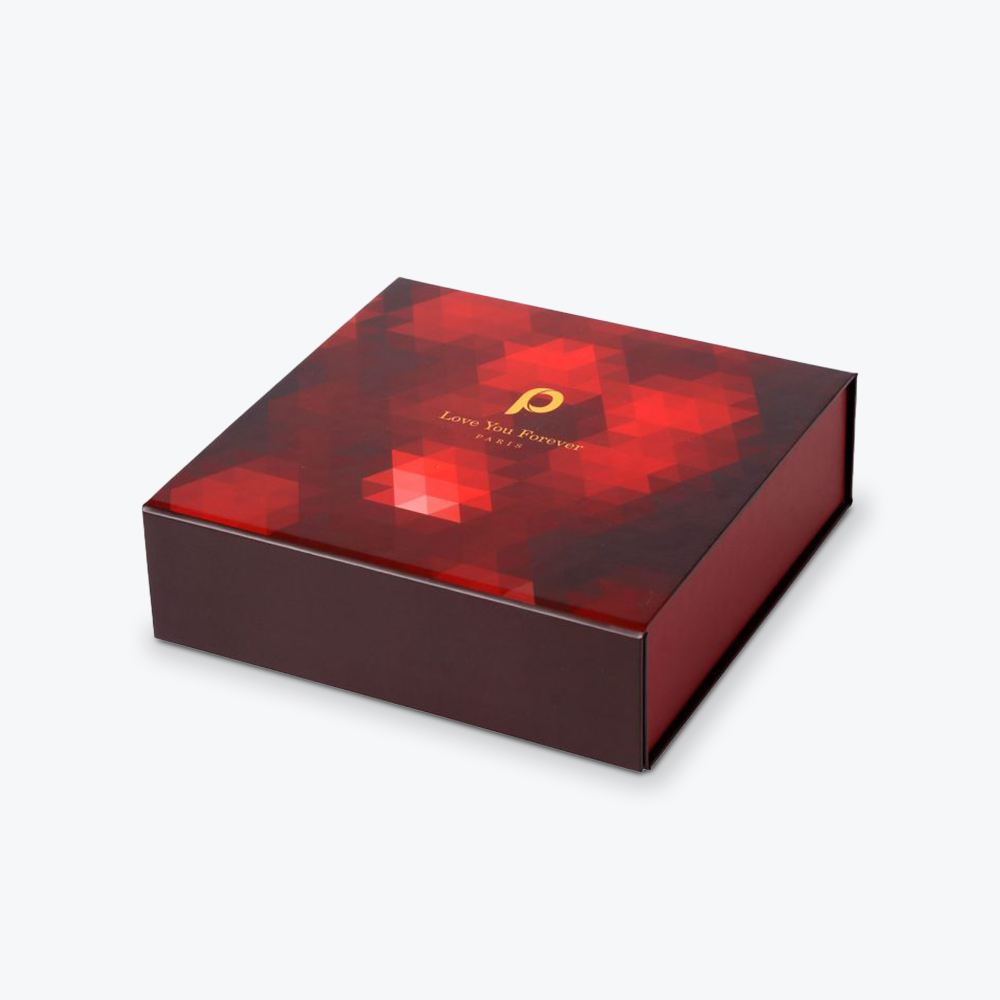
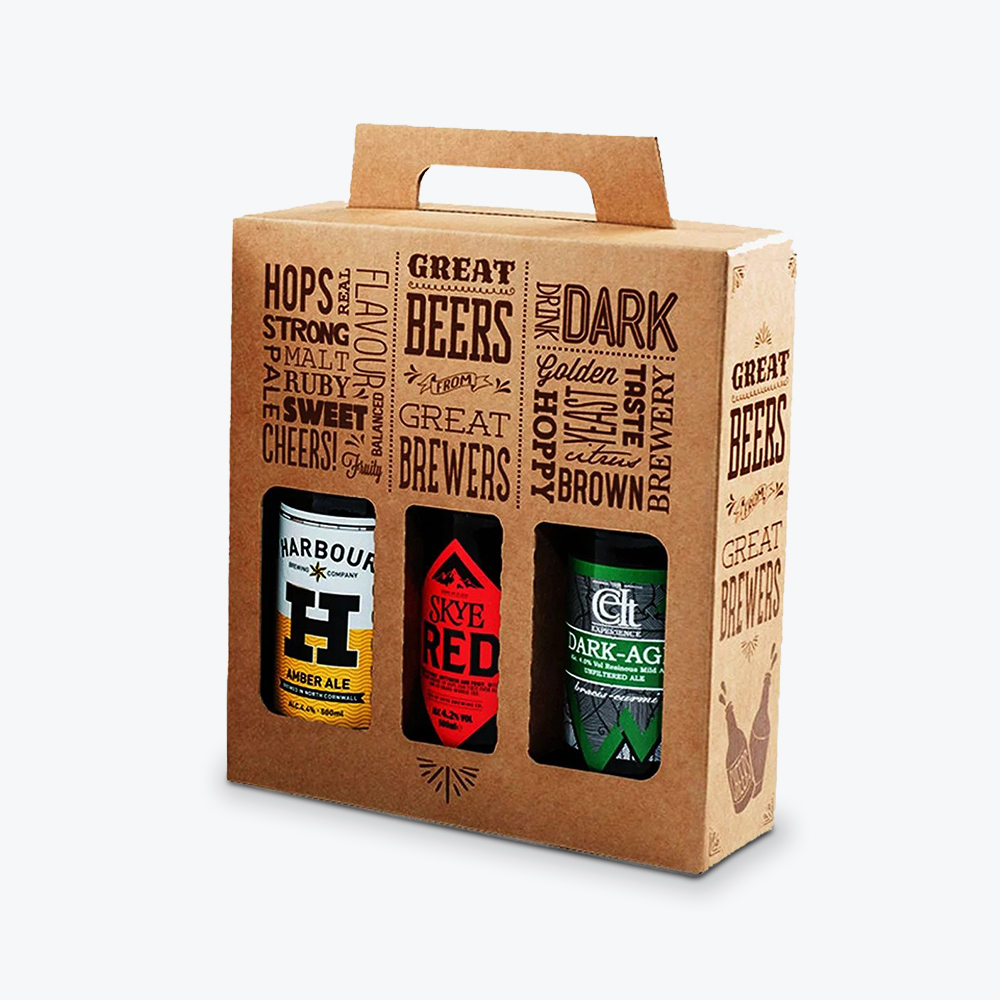
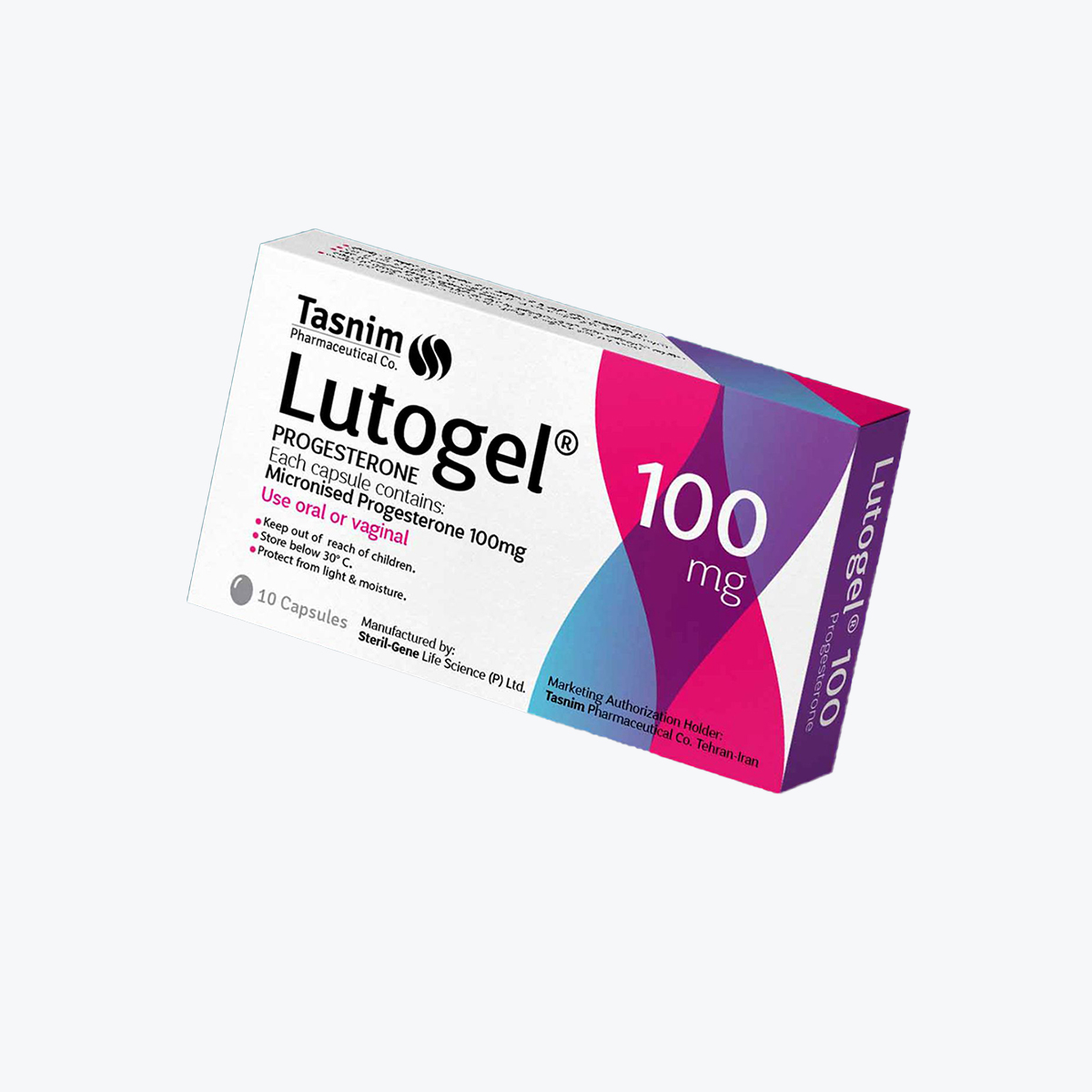
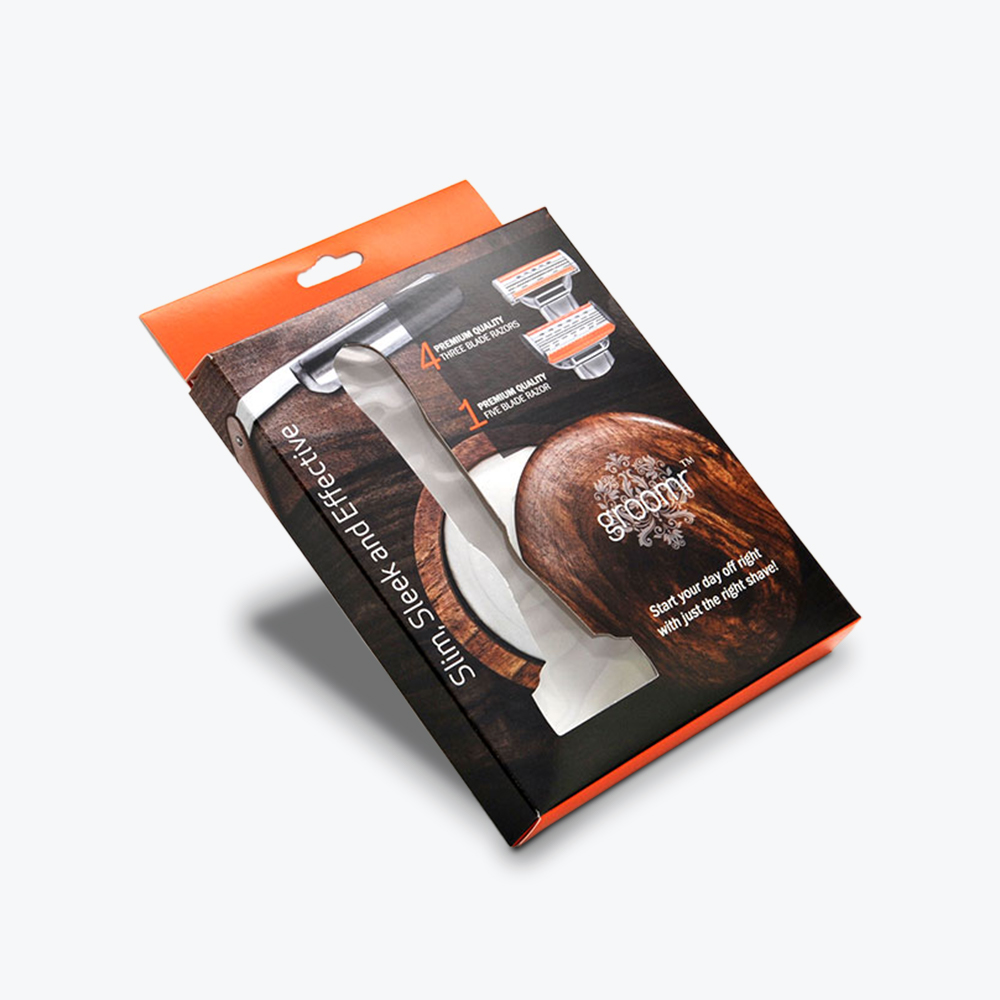
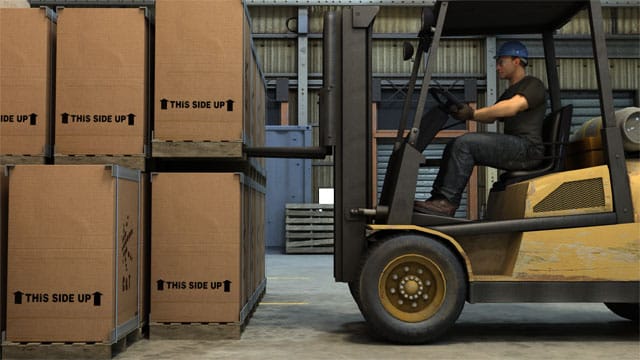
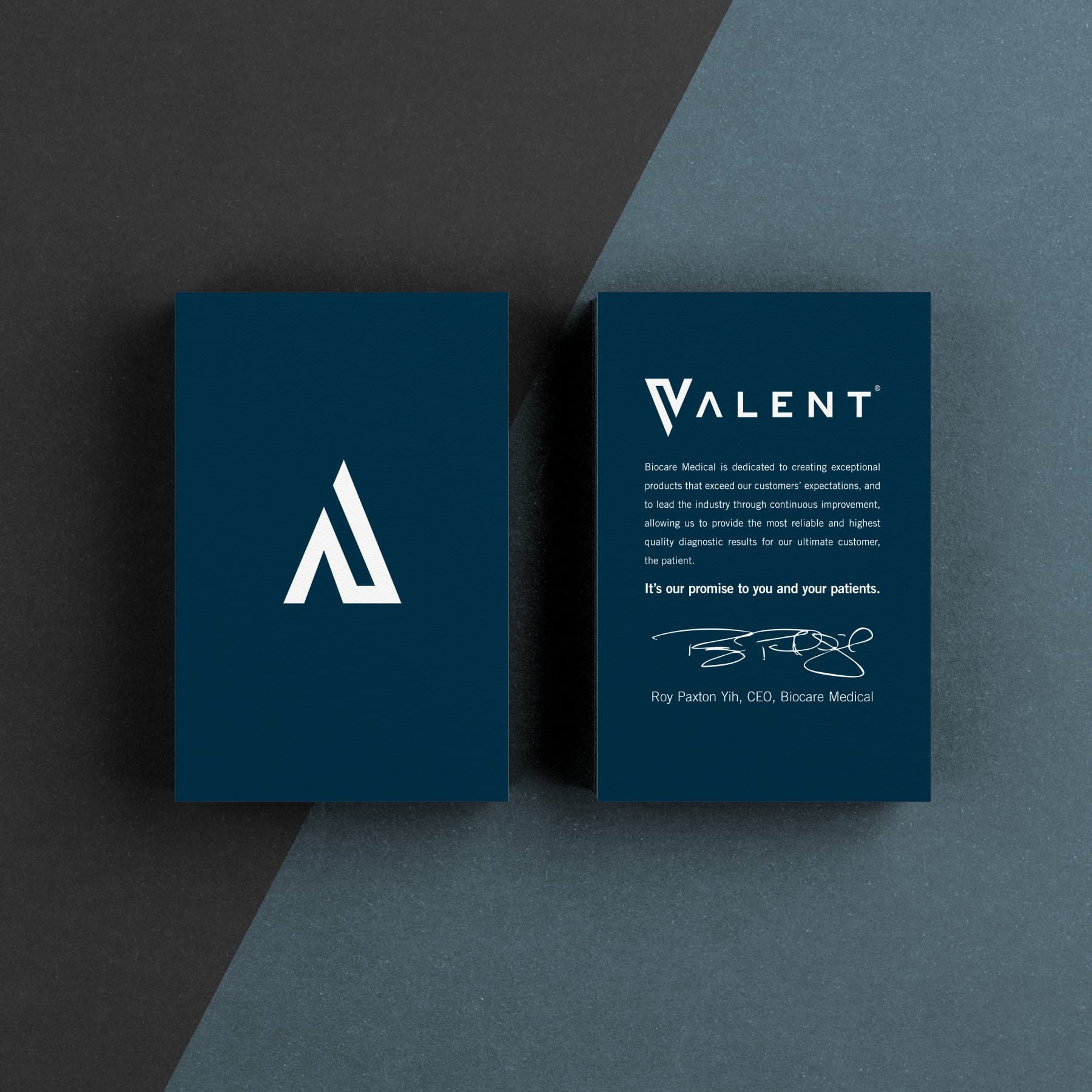
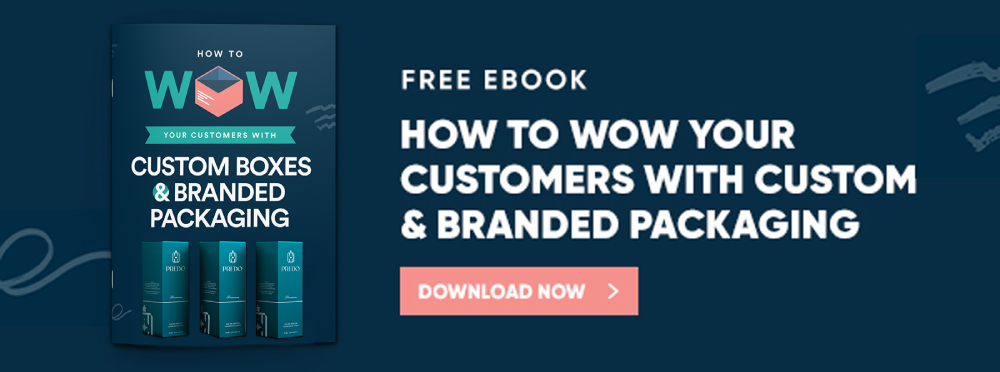






Share